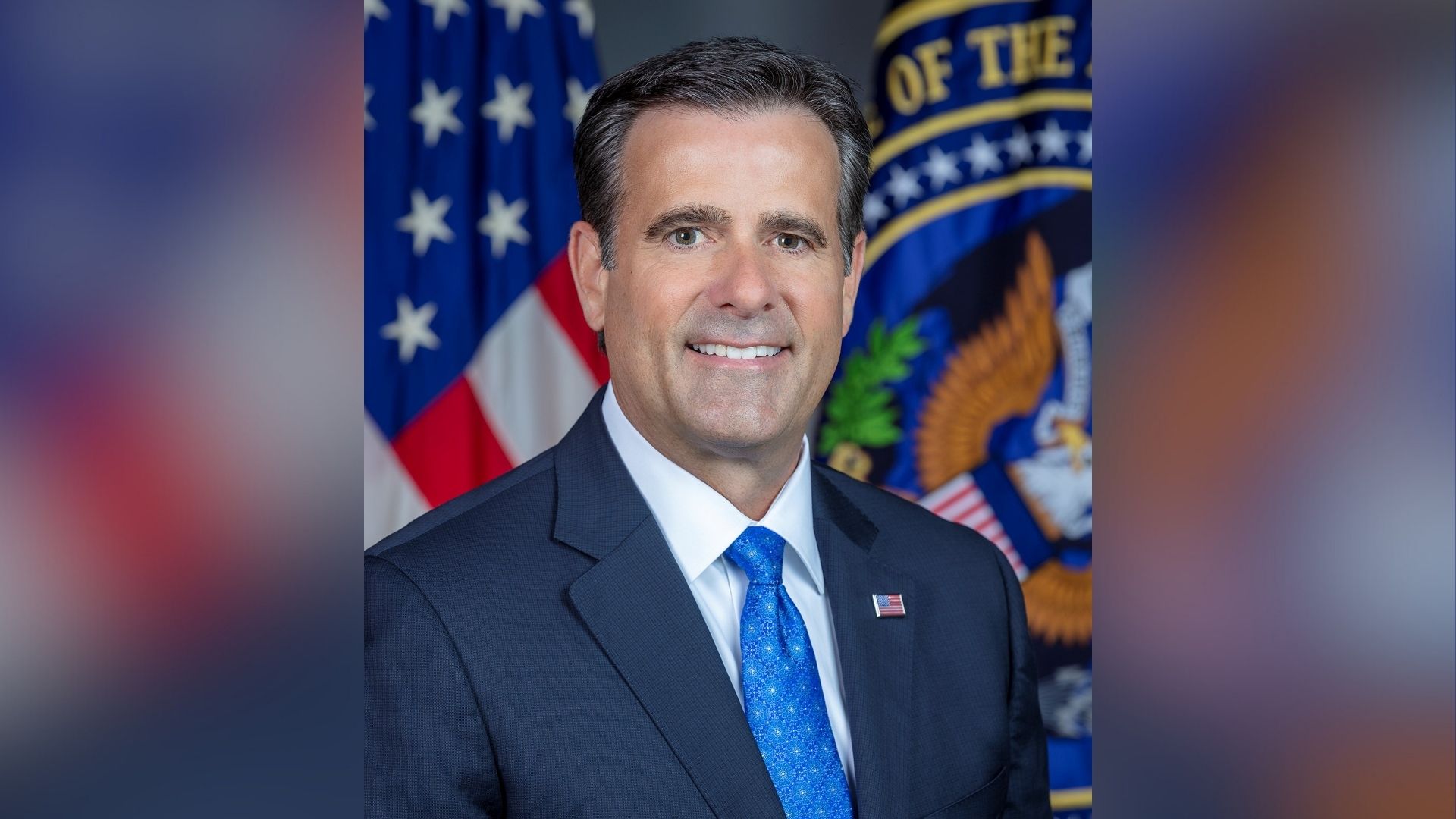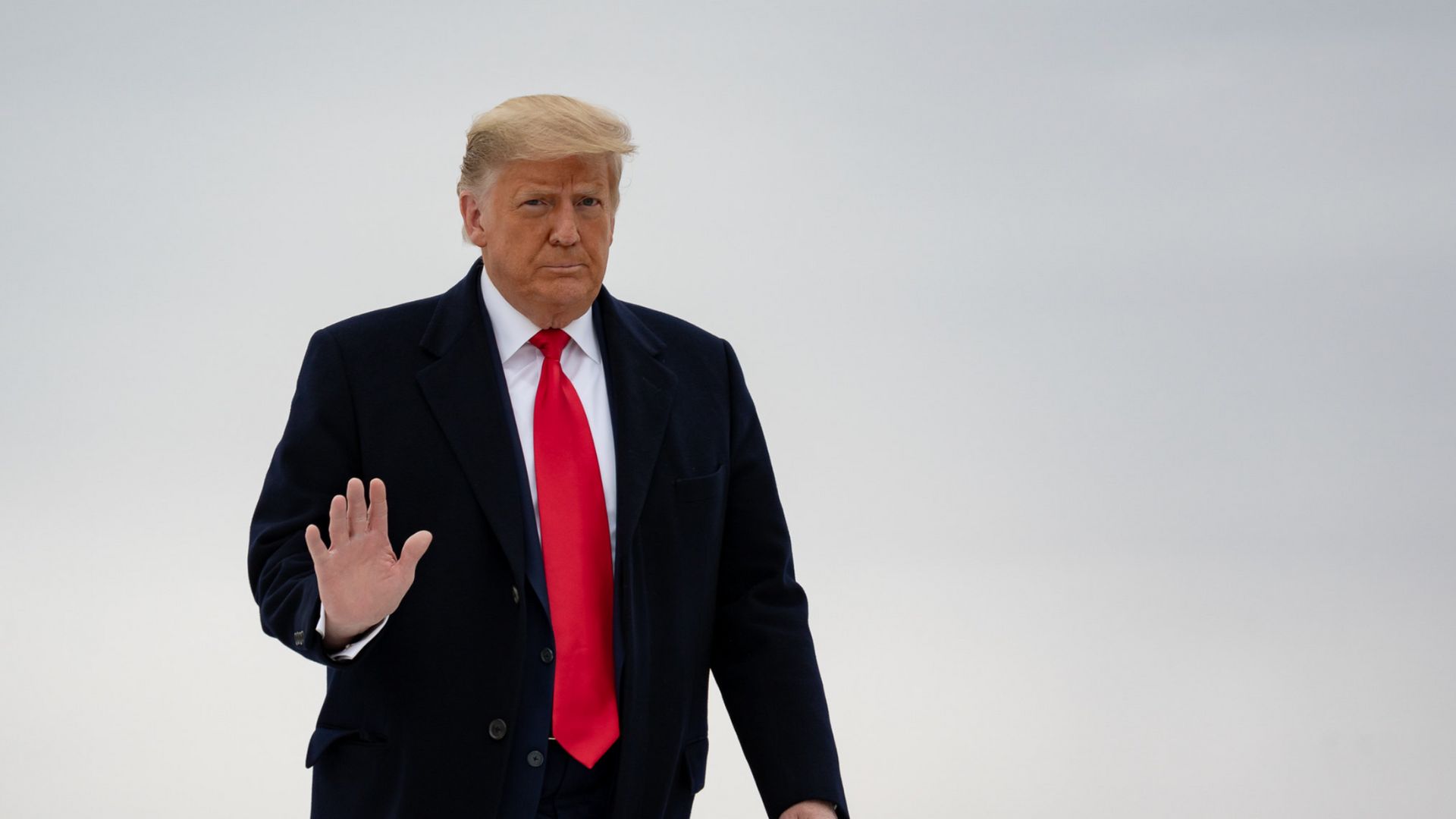John Ratcliffe, a Republican politician and attorney, has built a notable career characterized by political ambition and some controversy. He first gained attention in local office, later served in the U.S. House of Representatives, and ultimately was appointed as Director of National Intelligence (DNI) by President Donald Trump in 2020. In 2024, Trump has nominated him for the role of Director of the Central Intelligence Agency (CIA).
Early Life and Career:
Born in Mount Prospect, Illinois, Ratcliffe’s background is more aligned with Midwestern values than the political scene he would later inhabit. After graduating from the University of Notre Dame and Southern Methodist University Law School, he worked in private law practice and served four terms as Mayor of Heath, Texas.
Eastern District of Texas:
Ratcliffe served as the acting United States Attorney for the Eastern District of Texas from May 2007 to April 2008. During his tenure, he played a key role in a raid targeting suspected illegal immigrants. He has claimed, however, to have a more extensive history in prosecuting terrorism cases, which has been disputed by journalists and former officials who have noted his lack of experience in those areas.
U.S. House of Representatives:
Ratcliffe was elected to the U.S. House of Representatives in 2014, defeating a 17-term incumbent. During his time in Congress, he was recognized as one of the most conservative members and became known for his unwavering support of President Donald Trump.
Director of National Intelligence (DNI):
In 2019, Trump nominated Ratcliffe to be DNI, a position that requires a deep understanding of national security and intelligence. However, Ratcliffe’s lack of experience in these areas and his outspoken criticisms of the FBI and the Mueller investigation raised concerns about his ability to lead the intelligence community. Despite these concerns, Ratcliffe was ultimately confirmed and served as DNI from 2020 to 2021.
Key Points of Controversy:
- Exaggerated Record: Ratcliffe’s claims of extensive experience prosecuting terrorism and immigration cases were challenged by journalists and former officials who found little evidence to support his assertions.
- Partisanship: Ratcliffe was criticized for his partisan attacks on the FBI and the Mueller investigation, which led some to question his ability to remain apolitical in a role that traditionally requires neutrality.
- Contradicting Intelligence Community: Ratcliffe was accused of using the DNI position to push narratives that aligned with Trump’s political interests, even when those narratives contradicted the intelligence community’s assessments.
- Controversial Actions: During his tenure, Ratcliffe declassified information that was seen as politically advantageous to Trump, even though it was disputed by the intelligence community, and he was accused of sidelining career officials within the intelligence community.
Current Role:
In November 2024, Trump nominated Ratcliffe to be the next Director of the Central Intelligence Agency (CIA). This nomination has again generated significant controversy due to his past actions as DNI and his perceived lack of experience in intelligence work.
Ratcliffe’s political positions are generally very conservative:
- China: Ratcliffe views China as the top threat to U.S. national security and has been a vocal critic of the country’s human rights record.
- Immigration: He is a strong supporter of Trump’s immigration policies, including the travel ban on citizens from several Muslim-majority countries.
- Russia: He has been a strong critic of Russian interference in the 2016 election and has dismissed claims that the Mueller investigation was politically motivated.
- Cybersecurity: Ratcliffe has been a key player in efforts to strengthen cybersecurity and protect critical infrastructure.
Legacy:
Ratcliffe’s legacy is likely to be debated for years to come. His supporters view him as a strong defender of President Trump and a champion of conservative values. His critics, however, see him as a partisan political figure who undermined the integrity of the intelligence community and prioritized political expediency over national security.




